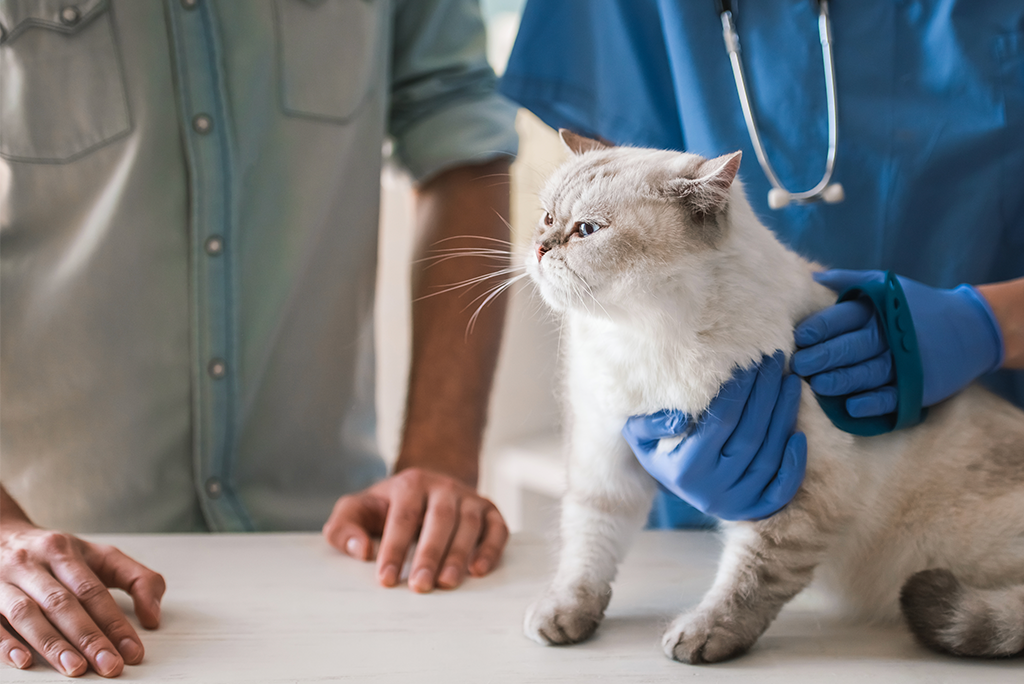In response to the COVID-19 pandemic, states across the US have temporarily suspended parts of their economies to slow the spread of the disease. While many workers have been teleworking and others have lost their jobs, each state has deemed some “essential service workers”, who will continue to show up to work during the shutdowns.
While vets are currently considered essential workers in 17 states across the country, there are still many states in which animal care workers are not classified as essential service workers, putting tremendous pressure on animal health practices across the country.

The AVMA has developed a document as to why animal health practices should be classified as essential service workers and shared it with all 50 US governors in a bid to have the remaining states reconsider the classification going forward. This document highlights the critical role veterinarians play in the health of animals and the general public, not dissimilar to other healthcare providers.
Essential roles that many animal health practices provide to the general public can include but are not limited to:
- Surveillance for disease outbreak.
- Playing an integral part of the food industry.
- Daily care to ill and injured animals.
- Care of lab animals for research purposes – including vaccines against COVID research.
- To feed, groom and exercise both pets and other non-farm animals
As industry workers are aware, this covers a small portion of the ongoing work animal care workers provide on a daily basis.
Animal Care Workers – Not Just Veterinarians
Animal healthcare workers are not limited to veterinarians and lab technicians, with animal care workers providing care at veterinary clinics, zoos, kennels, pet stores, stables, and shelters. Some specialize in areas of interest such as marine mammals, horses, reptiles, or behavioral training, and are all considered essential within the industry.
Groomers, or animal caretakers, are required to trim nails, clip hair and bathe animals. They disinfect and clean both equipment, and the living spaces of animals, to keep them safe and healthy. They interact with animals, play with them, and observe their behavior, and record any information needed on the animals overall health. They also monitor and record details of their diet, physical condition, and behavior on the lookout for signs of illness, depression, or other symptoms that may require further care. Furthermore, they also train animals to respond to commands, so these animals can go on to work as service pets for the disabled or security.
This care is needed around the clock, with animal care workers often working irregular schedules, including evenings, weekends, and holidays as part of the job.
The Ripple Effect of the Pandemic
The COVID-19 pandemic has presented many unique issues to the animal health care industry. While studies have found that, since the beginning of the pandemic, there has been a boom in pet adoption, a reduction in time outdoors for pet owners has resulted in a reduction in pet owners being able to properly exercise animals. Closure of pet supply stores has had a knock-on effect on pet health — owners may have struggled to get access to their regular supplies, and many staff who can normally assist in answering questions have been absent. These have both been contributing factors in an increase in animals presenting with illness or injury. The economic impact felt across the country has also impacted some pet owners’ ability to provide basic medicine, food and water for their pets.
What Your Animal Health Practice Can Do During COVID-19
While the CDC has released guidance for animal care workers to follow in response to the COVID-19 pandemic, we have put together a brief outline of steps your practice can take to help flatten the curve.
VitusVet is helping practices implement the following measures:
- Curbside pickup of patients and delivery of products so that clients can safely remain in their vehicles. By instructing clients to wait in their vehicles, and only allowing staff members inside the practice, the chance of cross contamination is reduced. VitusVet’s two-way texting tool can help practices stay connected with their clients and enable a swift and easy pick up and set down, with ongoing communication during each visit.
- Reducing contact when arranging payments with VitusVet’s tablet checkout. This also allows practices to give clients the option to choose a payment plan that works for their financial situation during these tough economic times.
- While many practices are having to postpone non-critical visits, elective procedures, and boarding to reduce demand, and extend existing appointment times in order to allow for proper disinfecting and cleaning, the VitusVet appointment scheduling software gives practices the flexibility to easily update bookings, and clients the tools to request time with their anywhere.
As each state’s animal care workers grapple with COVID-19 mitigation, VitusVet has developed essential tools to reduce contact time with high-volume requests for routine records like vaccines and lab results, by providing in-app access to electronic pet health records — 24/7.
This enables animal health practices the ability to continue operating over the forced closure periods and allows pet owners to access pet health records, which is an effective gesture to demonstrate you prioritize pet health above all else.
Looking for additional ways your animal health practice can join the fight to slow the spread of COVID-19? Read the CDC Interim Guidance for Businesses and Employers Responding to Coronavirus Disease 2019.
 by a veterinarian
by a veterinarian


